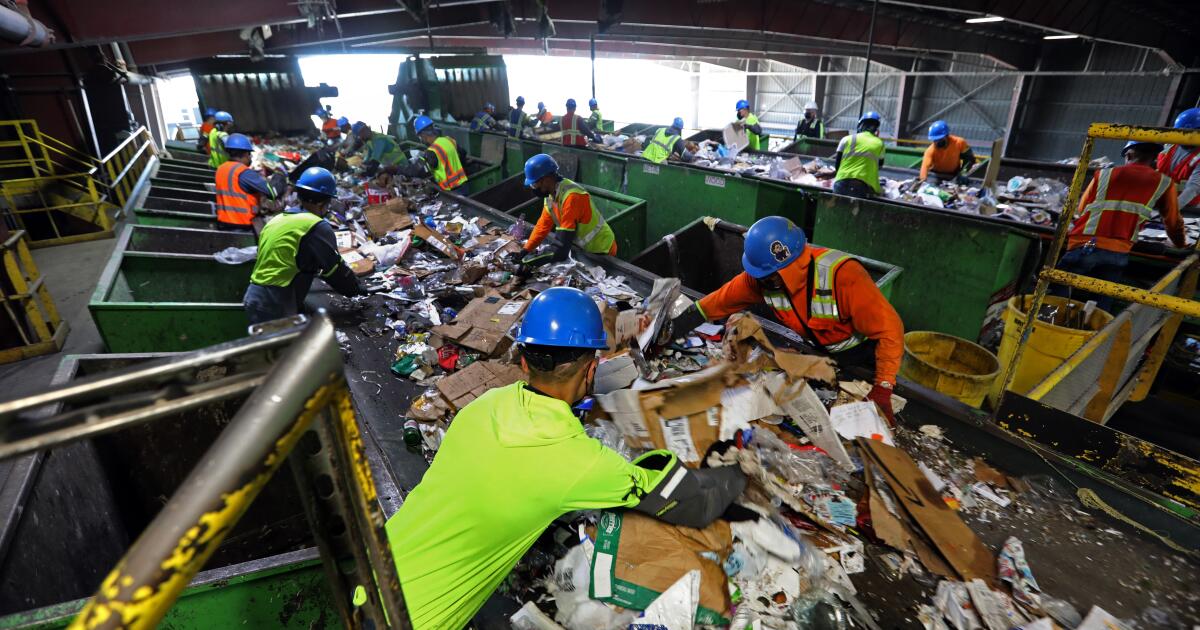- cross-posted to:
- health
- cross-posted to:
- health
They are used to give plastic products their distinctive durability, bendability and sleek, nonstick surface.
Yet some of these chemical additives have been tied to maladies such as breast and prostate cancer, heart disease and diabetes, as well as problems with children’s brain development and adult fertility.
Of particular concern are a class of additives known as endocrine disruptors — chemicals that mimic and confuse hormone signaling in humans.
Now, a team of physicians, epidemiologists and endocrinologists have estimated the costs of plastic exposure on the U.S. healthcare system and come to a sobering conclusion.



True but it’s likely to shit out less plastic than water bottles. The water is only in contact with the filtering medium for a short period where as bottled water is sitting there for weeks/months/years potentially sitting in direct sunlight.